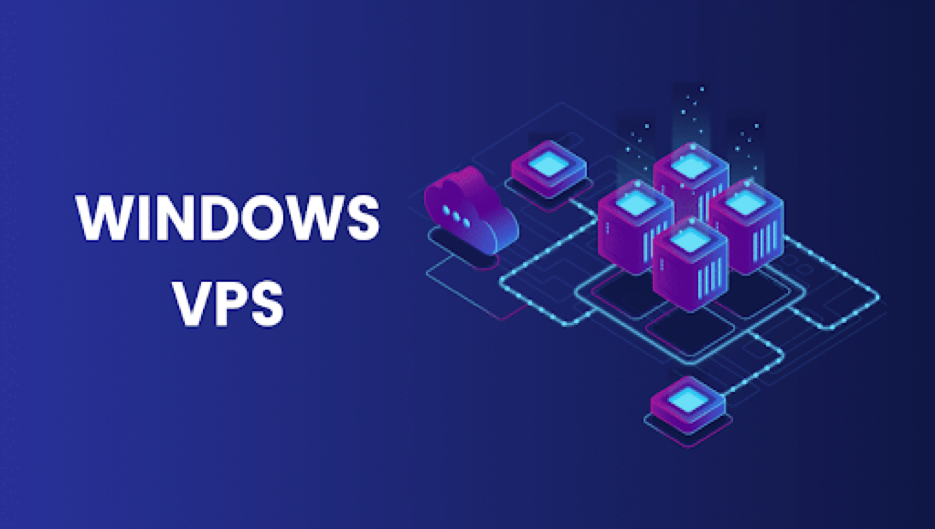Hadoop is not the same as relational database management systems. However, several IT experts do not call Hadoop a database. It is a unique system of distributed files that stores and processes huge data volume across several computers. There are two components in Hadoop, and they are-
- HDFS or the Hadoop Distributed File System, and
- Map Reduce
Both relational database management systems and Hadoop have the same function like collection, storage, processing, retrieval, extraction, and data manipulation. The only difference between the two is the way the data is processed. The relational database management system concentrates on structured data, whereas Hadoop specializes in unstructured and semi-structured data.
Hadoop cannot be said to be a unique type of database. However, it is more of a software ecosystem permitting parallel computing. It is the enabler of specific kinds of NoSQL distributed databases like HBase that will allow for data to be distributed across a cluster of servers with the least reduction in its performance.
Big Data and Hadoop
Hadoop was developed based on the MapReduce algorithm of Google. When it comes to Big Data, it is a term that is used in organizations referring to an extensive volume of data that cannot be processed with conventional methods within a fair amount of time. This issue was detected by companies dealing with Internet searches. They had to query extensive amounts of distributed and unorganized information.
The processing of Big Data is highly in demand these days. Therefore, Hadoop is extremely popular when it comes to those companies that require to process Big Data like IBM, ImageShack, AOL, Facebook, Yahoo, and more. These companies use Hadoop, and recently, several organizations have begun working on processing applications that revolve around Big Data based on the framework of Hadoop.
Hadoop works extremely well with both structured and unstructured data alike. It supports a huge variety of real-time data formats like JSON, XML, and the flat file text-based format. On the other hand, the relational database management system works better when a model is perfectly defined for an entity-relationship. It is here that the schema of the database or its structure can increase and otherwise become unmanageable. Therefore, the relational database management system works well only with structured data.
The difference between Hadoop and HDFS
The major difference between Hadoop and HDFS is that the former is a framework that is open source in nature and helps store, process, and analyzes an extensive volume of data. In contrast, HDFS refers to the distributed file system that belongs to Hadoop to provide high throughput rates of access to the application data.
Is Big Data the same as Hadoop?
Big Data is not the same as Hadoop as the latter refers to the framework or the software invented to manage the large volume of data that is “Big Data.” Hadoop again is different from Hive that is an SQL tool that operates over Hadoop for data processing.
Skilled database managers and administrators go on to further explain the differences between Hadoop and Hive in detail below-
Hadoop-
As mentioned above, Hadoop refers to the software or the framework invented for the management of Big Data. It is deployed for the storage and processing of huge data sets distributed via several computer server clusters. The data is stored with the Hadoop distributed file system and the Map-Reduce model for programming.
Hive
Hive, on the other hand, refers to the application that operates over the framework of Hadoop. It offers an interface like SQL for data query and processing. The hive was developed and designed by Facebook before becoming a component ofApache-Hadoop.
It runs the queries with HQL or Hive query language, and it has a similar structure to the relational database management system. The same commands are almost used in Hive. It can store this data inside external tables. This means you do not need to use HDFS. Moreover, it gives you support for file formats like Avro files, Text files, Sequence files, and more.
Experts from esteemed database administration and management RemoteDBA.com further lay down the differences between Hadoop and Hive in the following table-
| Hadoop | Hive |
| Hadoop is an open-source framework for the processing and query of Big Data | Hive is based on SQL and works over Hadoop for processing the data |
| Hadoop can only understand MapReduce | Hive uses the HQL language that is similar to the way SQL works for data processing and query |
| MapReduce is an indispensable part of Hadoop | The query under Hadoop gets converted first into MapReduce and later is processed by the framework for data queries |
| Hadoop can understand SQL with MapReduce in Java | Hive functions on SQL query |
| Hadoop works for all data types- structured, semi-structured, and unstructured | Hive can only work with structured query |
| Complex programming in Java is needed in the Hadoop ecosystem | Complex programming is not needed for data query or processing in Hive |
| A single side of the Hadoop framework needs 100s line for the preparation of the Java-based MapReduce | Hive can query this same data just by using 8 to 10 lines of HQL |
Therefore, from the above, it is evident that Hadoop is the first choice in an environment where there is a huge needs to process Big Data. Experienced database administrators and managers state that the processed data does not have a consistent relationship. Examine what your requirements are and if you are not sure how to go about it, hire a professional. There are many of them out there who can help you out.
When the data’s size is huge, it becomes complex to process, and it is difficult to define the relationships between the information or data. This makes it challenging to save the information that has been extracted from the RDBMS with a coherent relationship. Moreover, the relational database management system‘s performance tuning can be challenging and turn into a nightmare even in a proven environment. However, Hadoop mitigates this issue as it adds extra nodes that can be self-managed.




